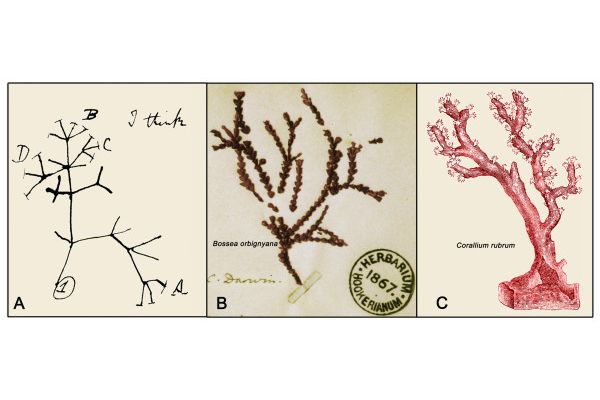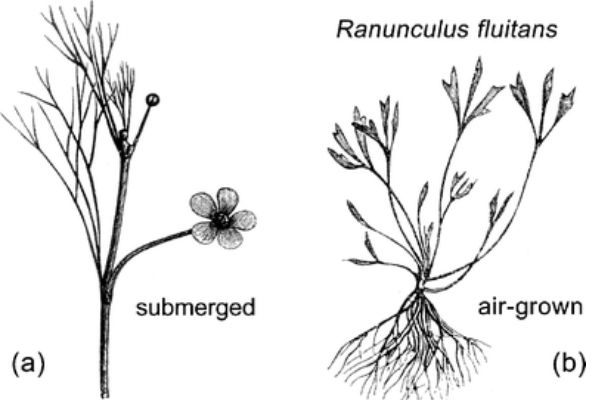The Evolution Of Plants
Darwin's studies of plants, especially orchids, gave rise to persistent and reliable evidence in favor of his hypothesis of evolution by natural selection. For example, he found that the contact of an insect's proboscis, which releases spring-loaded pollen, was essential for orchid pollination.
Charles Darwin conducted in-depth and cutting-edge research on plants. Fertilization of Orchids, the first in a series of publications he wrote on the subject, was released in 1862. By describing how intricate ecological interactions led to the coevolution of orchids and insects, it illustrated the potency of natural selection. Despite not being financially successful, it elevated Darwin to the position of a top botanist. The Effects of Cross and Self Fertilization in the Vegetable Kingdom is one of Darwin's other writings on the evolution of plants. It was the first to present resounding experimental evidence in 1876 that inbreeding might have serious adverse effects on progeny. The evolution of plants is one of the major accomplishments of Charles Darwin.









